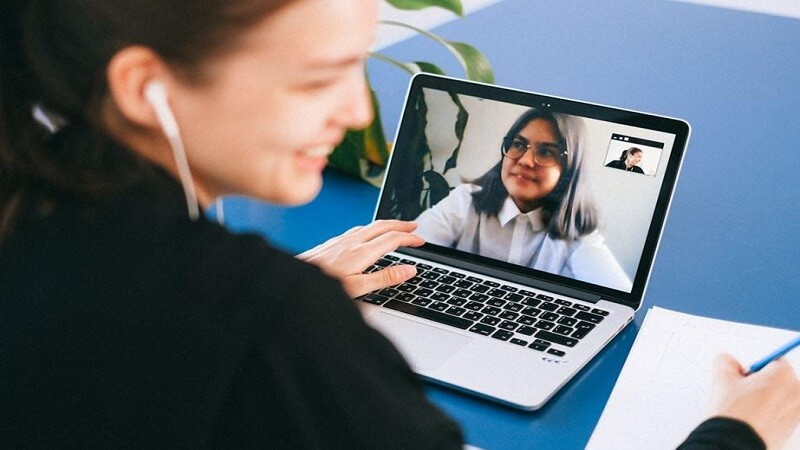Today, aided by digitalization, virtual job interviews are getting increasingly embraced, and in some instances, they are the order of the day. In New Zealand’s fast-moving job market, they seem to be increasingly integrated into everyday hiring practices.
The tips outlined here will put you in a better position for your online interview. The process necessitates additional skills and preparation compared to traditional face-to-face interactions.
Prepare Your Technology
First things first: make sure your technology works. Test your internet, the microphone, and your chosen camera. Indeed, you would know how to use the video conference platform installed on your computer— Zoom, Microsoft Teams, or the like. Doing a dry run with a friend sometimes alleviates problems. Being technologically prepared shows your prospective employer you are detailed and proactive.
Create a Professional Environment
Your interview setting reflects your professionalism. Prefer a quiet, well-lit open area with a neutral background. If the setup allows for it, sit behind desks with drawers in NZ to keep your setting organised and clutter-free. Be alert for any distractions behind you that may ‘shuffle’ focus from where it needs to be fixed. Take care with your lighting; use natural light or a soft lamp behind your camera to make you look good on screen.
Dress the Part
Professional attire is an essential step in a virtual interview. This is more about how best you present yourself from head to toe, which increases your confidence and thus puts you in a position to handle the importance of this opportunity. You’ll want to show respect and professionalism in appearance, more so during a digital meeting where first impressions matter.
Practise Effective Communication
Maintain clarity in speech during virtual interviews, maintain pace, tone, and body language, and maintain eye contact to establish connection and interest with the interviewer.
Research the Company
Thorough research should be conducted well in advance on what the company is all about, including its mission, culture, and recent developments. Even this bit of information can help you perfect your responses and, as a result, frame good questions. Apart from personal interest in the role in consideration and the particular organisation, showing that you have done your homework sets one apart.
Anticipate Common Questions
Go through the most common interview questions and practice answering those questions. The ability to provide your strengths, weaknesses, and past experiences in a structured answer using the STAR method (where you clearly outline the Situation, Task, Action, and Result) will help put forward your abilities and achievements in an effective way to respond.
Have Questions Ready
End your interview with thoughtful, engaging questions concerning the company culture, the dynamics of the team you’d be working with, or upcoming projects. Not only will this technique yield good information, but it will also show your enthusiasm and proactive approach. It’s a good practice to have them prepared beforehand to prevent that awkward silence at the end.
Post-Interview Follow-Up
Send your interviewer a thank-you email immediately after the interview. Appreciate the opportunity, and if you need a job, remind them that you would be happy to join them. Such an email is a nice gesture and will help you to remain well remembered.
Be diligent, professional, and communicative when navigating this new platform of virtual job interviews to improve your chances of success and make a lasting positive impression on potential employers. Use this opportunity to impress potential employers with your ability to showcase your skills confidently in the virtual world.
